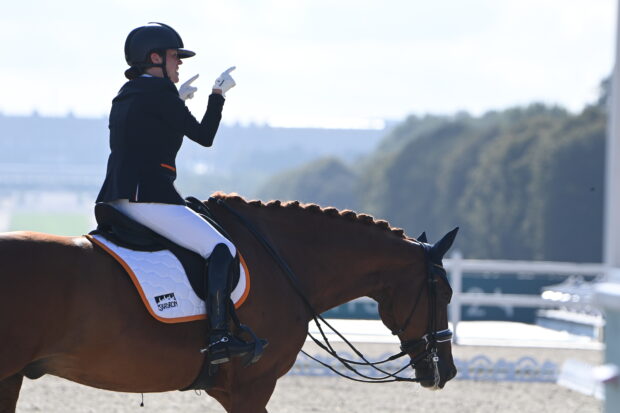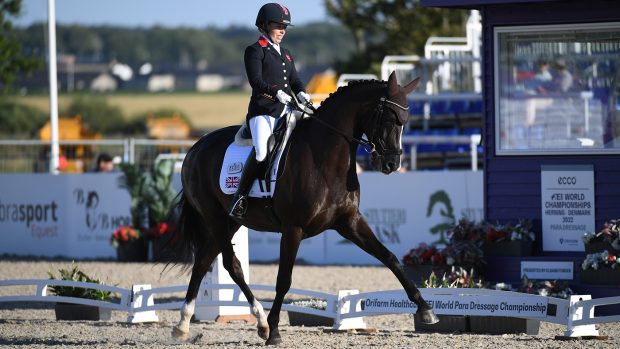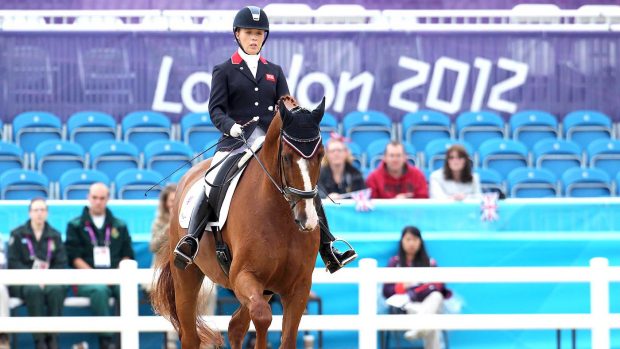A call has been made for riders with learning disabilities to be allowed to compete in the Paralympics.
Jonathan Kemp (pictured), who has Asperger’s and a learning disability, and his mother Anne are pushing for the change.
Currently there is no grade for riders with an intellectual impairment in the FEI’s eligibility criteria.
However, some sports — such as swimming, table tennis and athletics — do have a relevant grade.
Mrs Kemp told H&H she is making the call not just for her son, but for all those in a similar position.
“It is not just him. I sit on the learning disability partnership board for North Somerset and he is my priority but I will always fight for people like Jonathan,” she said.
“It is discrimination against a disabled group.”
Jonathan won both a jumping and a dressage title at the Riding for the Disabled Association Championships at Hartpury in July.
“We couldn’t believe it,” said Mrs Kemp. “But where else now is there to take him?”
She added his trainer, eventer Jason Hobbs, has been “brilliant”.
Jonathan has also competed affiliated dressage, showjumping and BE80 level eventing.
“They are saying that I am not able to compete in it because it is to do with the fact they do not recognise [my disability],” he told BBC Radio Bristol.
“We need a way of helping me and other people who have the same disability to be recognised.”
Gill Edwards is principal instructor at Avon RDA centre, where Jonathan became involved with the RDA.
“He is absolutely at the top of the game in RDA terms,” she told H&H.
“There are many, many riders with a classification of an intellectual disability that do not have the opportunities, really, to go further.”
She added the “key thing” is finding an evidence-based system that works fairly to allow people with a learning disability to compete on a national and international playing field as much as possible.
A spokesman for the FEI told H&H more research is needed.
“Intellectual disability is being considered as part of the classification research strategy but until we have an evidence-based approach for classifying athletes for para-equestrian dressage, they are not currently eligible to compete,” he said.
“Research is still needed in many areas, particularly safety for different levels of impairment.”
Meanwhile, a spokesman for the RDA added the organisation is “passionately committed” to ensuring there are plenty of opportunities for these riders to achieve significant goals, especially through competition.
“We are working hard to achieve this within our own network and we believe there should be more opportunities for top-flight competition — including on the international stage,” he told H&H.
Related articles:
- Britain remain on top of the Paralympic world
- 8 heartwarming moments from the Rio Paralympics
- Golden hat-trick for Britain on final day of Paralympic dressage
“However, we are also aware that the classification of athletes with learning disabilities (competing at any international event, including at the Paralympics) is an incredibly complex and sometimes controversial process, even among those sports which have decided to include classes.
“Until there is a robust and reliable classification process for people with learning disabilities within equestrian sport, our role remains to support our riders and drivers to achieve their best, and to encourage the development of more competitive opportunities in general.”





